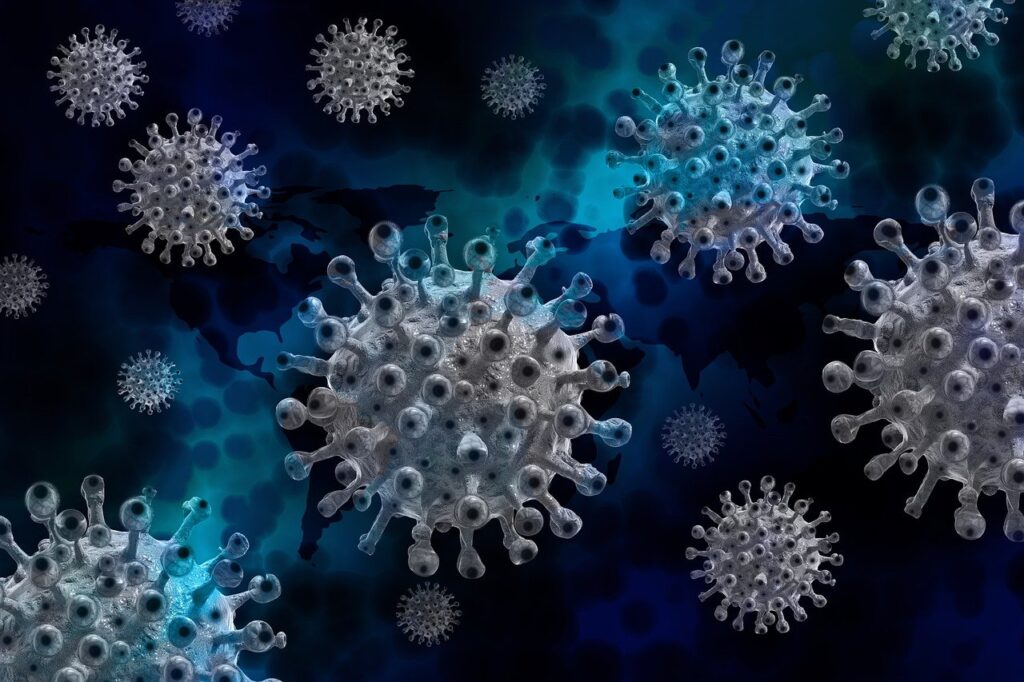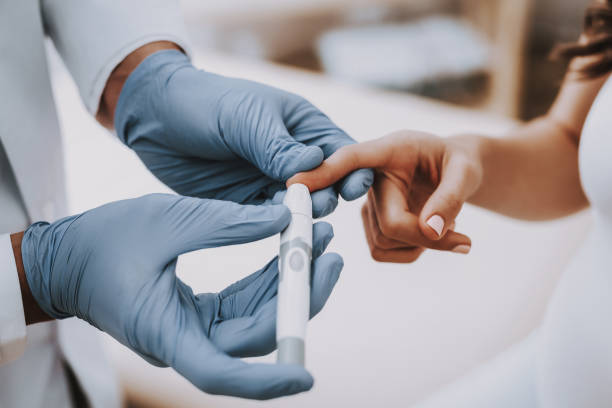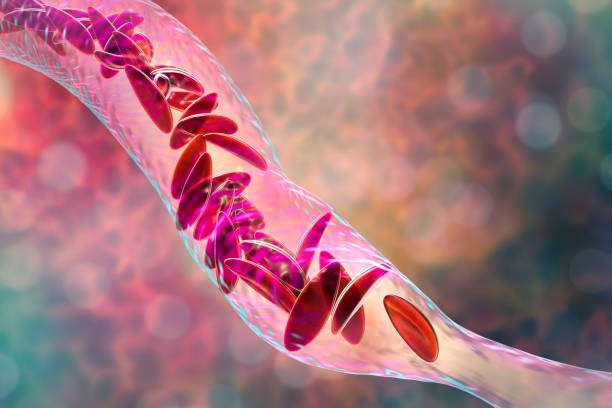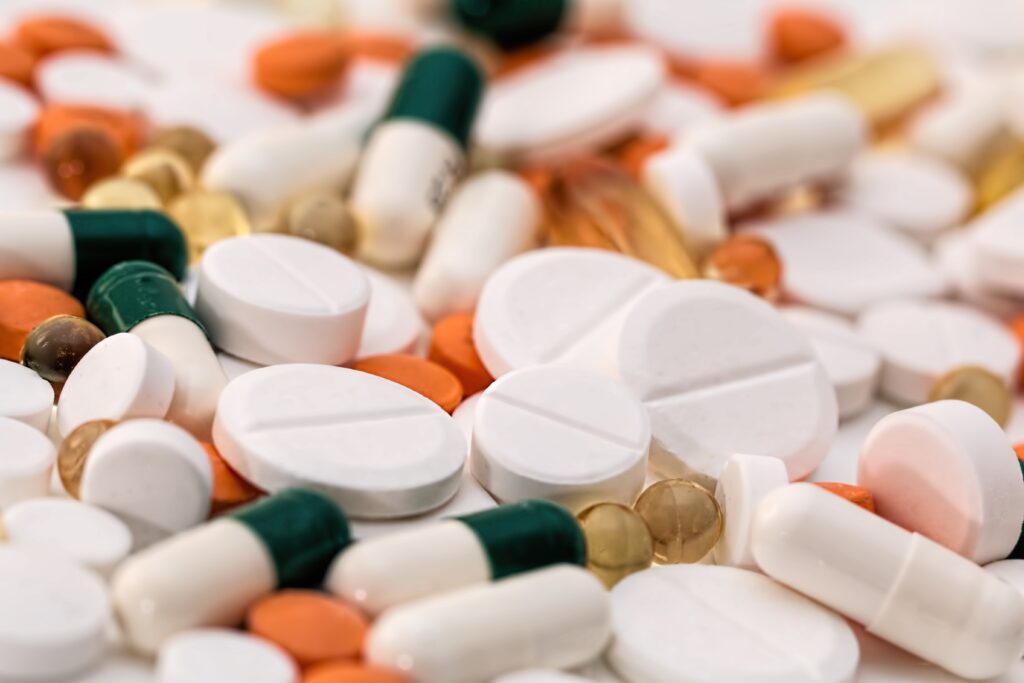Day: February 9, 2022
Risk of newly diagnosed diabetes >30 days after COVID-19 infection among children (United States)

SARS-CoV-2 infection is associated with worsening of diabetes symptoms, and persons with diabetes are at increased risk for severe COVID-19. SARS-CoV-2 infection might also induce newly diagnosed diabetes.
Persons aged <18 years with COVID-19 were more likely to receive a new diabetes diagnosis >30 days after infection than were those without COVID-19 and those with prepandemic acute respiratory infections. Non–SARS-CoV-2 respiratory infection was not associated with an increased risk for diabetes.

The increased diabetes risk among persons aged <18 years following COVID-19 highlights the importance of COVID-19 prevention strategies in this age group, including vaccination for all eligible persons and chronic disease prevention and treatment.
For further details, visit the CDC link below
Gene therapy for sickle cell disease (December 2021)

The largest study of gene therapy for sickle cell disease has been published, including data from 35 patients with a median follow-up of over 17 months.
The gene therapy construct uses an anti-sickling variant of beta globin, introduced into autologous hematopoietic stem and progenitor cells that are delivered by autologous hematopoietic stem cell transplant.
After transplant, vaso-occlusive events decreased from a mean of 3.5 to 0 annually, and median hemoglobin increased from 8.5 to ≥11 g/dL.
Transplant toxicities were as expected; one individual with underlying pulmonary hypertension and hypertrophic cardiomyopathy died after 20 months. Other gene therapy and gene editing approaches are under study.
Pediatric fatalities associated with over-the-counter cough and cold medications (November 2021)

Manufacturer labelling and US Food and Drug Administration recommendations strongly advise against the use of over-the-counter cough and cold medications (CCM) in young children.
A new report describes fatalities identified by a United States surveillance system and associated with CCM ingestion in children <12 years of age from 2008 to 2016. During this period, there were 40 reported deaths; the majority occurred in children <2 years old and involved diphenhydramine.
Root cause analysis determined that 13 deaths occurred after deliberate supratherapeutic administration by a caregiver with the goal of sedating or harming the child.
Health care providers should continue to educate caregivers on the dangers of CCM in children and maintain a high index of suspicion for child abuse with a low threshold for toxicology testing in infants and young children with unexplained signs or symptoms compatible with drug toxicity.

